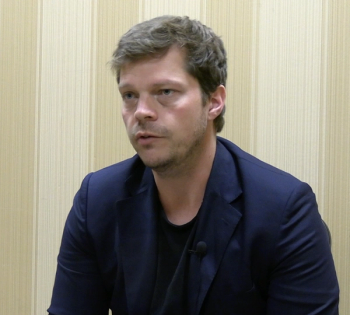
Spectro Scientific Wins Innovation Research Award for Work with U.S. Armed Forces
Spectro Scientific (Chelmsford, Massachusetts), a developer and manufacturer of analytical tools and software for fluid and machine condition monitoring, has earned a Small Business Innovation Research (SBIR) Phase II award of $750,000 for its work in reevaluating the Joint Oil Analysis Program (JOAP) that consolidates and coordinates the oil analysis programs of the U.S. Army, Navy, and Air Force.
Spectro Scientific (Chelmsford, Massachusetts), a developer and manufacturer of analytical tools and software for fluid and machine condition monitoring, has earned a Small Business Innovation Research (SBIR) Phase II award of $750,000 for its work in reevaluating the Joint Oil Analysis Program (JOAP) that consolidates and coordinates the oil analysis programs of the U.S. Army, Navy, and Air Force. The U.S. Small Business Administration SBIR award promotes high-tech innovation in the fulfillment of specific research and development needs. The contract awarded to Spectro Scientific for Phase II efforts extends into 2016.
Spectro undertook the reevaluation effort to improve the JOAP by modifying processes and equipment to create more effective oil analysis. The JOAP was formed following the mid-1950s U.S. Bureau of Naval Weapons research into oil analysis as a tool to indicate and predict wear of machine components. The program has resulted in improvements in equipment and engine life as well as maintenance efficiency, with a positive effect on operational readiness and economy of the military.
Spectro proposed a three-phase approach to improving JOAP. The proposals included developing advanced oil analysis methods including frequency and type of sampling; creating prototype equipment for collection and analysis; and expanding the program to include a multitude of Army, Navy, Coast Guard, and Air Force engines and other equipment, in addition to exploring commercial aircraft and large-scale marine engines.
Newsletter
Get essential updates on the latest spectroscopy technologies, regulatory standards, and best practices—subscribe today to Spectroscopy.




